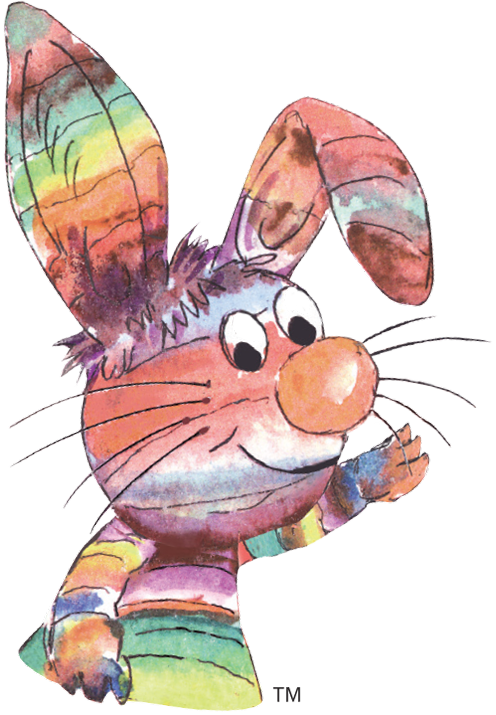Can You Detect The Warning Signs Of Bullying?

One of the unique aspects of the Rainbow Rabbit Anti-Bullying Educational Program is that it focuses not only on those being bullied, but those who are being the bully.
A recent article published on StopBullying.gov by Lisa Furst (LMSW, MPH, Assistant Vice President, Training and Quality Improvement, MHA-NYC) and James Wright (LCPC Public Health Advisor, Suicide Prevention Branch, SAMHSA), shows some warning signs of somebody being bullied, as well as warning signs of a child bullying others.
At the National Suicide Prevention Lifeline, we believe it’s important to raise awareness about the effects of bullying. Together with our partners, we work to provide resources and support for those in emotional distress, including individuals who have been bullied.
In popular media, bullying behavior is often linked to suicide in youth. As a result, many in the community may believe that bullying is a direct cause of suicidal behavior in young people. In fact, while bullying can be a factor in youth suicide, it’s rarely the only suicide risk factor present among youth who have been bullied and complete suicide.
That being said, bullying can cause significant emotional distress and can increase the risk of clinically significant depression and anxiety; all the more reason for us to be familiar with the signs of bullying and know how to get help for it.
In honor of Bullying Prevention Awareness Month (the article was published last month), learn and share some of the common warning signs of a youth being bullied:
-Somatic symptoms, like unexplained injuries, complaints of frequent headaches, stomach pain or just feeling “sick,” difficulty eating or sleeping;
-Loss of or damage to personal property, such as clothes, books, or other belongings;
-Loss of friends or avoidance of social situations;
-Academic challenges, such as worsening grades, lack of engagement in school work, and school avoidance;
-Emotional distress, such as feeling helpless and a loss of self-esteem and confidence;
-Running away from home, harming themselves, and other self-destructive behaviors, such as new or increased use of drugs or alcohol;
-Thoughts of suicide and/or speaking about suicide.
To recognize the signs of a child bullying others, you can read the rest of the article on StopBullying.gov by clicking here.

